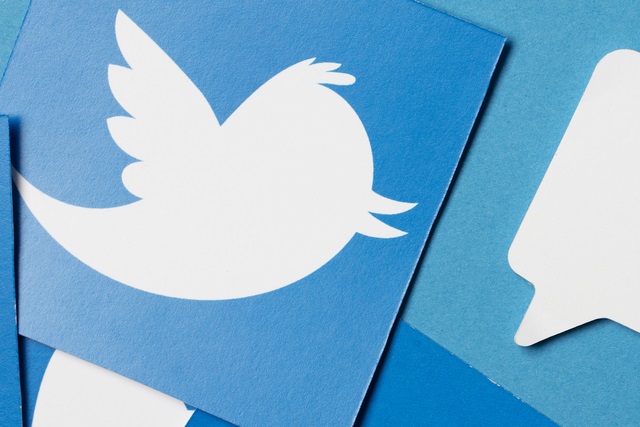
Twitter not only changes its mind about 'inflammatory' ad, it's going to change its policies too
Twitter was accused of censorship after banning an "inflammatory" ad campaign by Tennessee Rep. Marsha Blackburn. But just one day after implementing the ban, the company has backed down, saying the video -- which sees Blackburn talking about fighting to stop "the sale of baby body parts" -- can be promoted on Twitter.
Despite maintaining its belief that the video contains inflammatory language, Twitter now says that it is permissible within the context of the ad. Furthermore, the company says that it will "refine" its policies around the issue.

Twitter bans 'inflammatory' Republican anti-abortion campaign ad
Twitter has blocked an ad campaign by Tennessee Rep. Marsha Blackburn after it was "deemed an inflammatory statement that is likely to evoke a strong negative reaction."
In the ad, Blackburn says she "stopped the sale of baby body parts" from abortions by defunding Planned Parenthood -- a false claim. The pro-lifer claims Twitter is censoring her, but the company has said the ad campaign can run without the "body parts" claim.
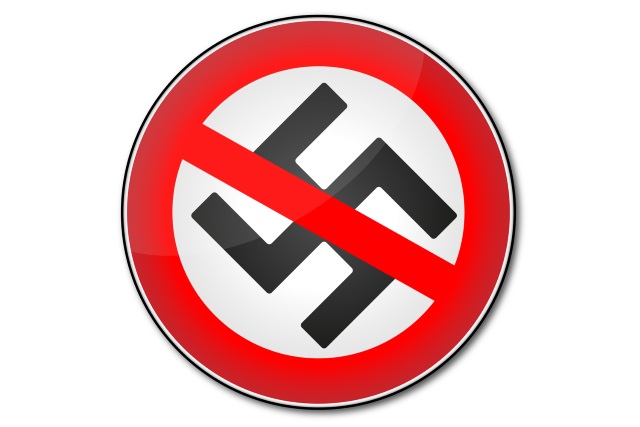
Electronic Frontier Foundation speaks out in favor of free speech after neo-Nazi websites are blocked
Following the violence that took place in Charlottesville last weekend, technology companies have done everything they can to distance themselves from neo-Nazis, white supremacists and other right-wing groups. It led to numerous companies dropping right-wing sites such as The Daily Stormer, which was ultimately pushed to the dark web.
Digital rights group the Electronic Freedom Foundation (EFF) -- well-known for speaking out about privacy and legal issues -- has criticized the ban on neo-Nazi sites and groups saying it poses a threat to free expression online. Google, GoDaddy, Cloudflare, Reddit and Facebook are just a handful of technology companies to have banned The Daily Stormer, but EFF says that "no one -- not the government and not private commercial enterprises -- should decide who gets to speak and who doesn't."

Putin bans VPNs and proxies in Russia as Apple explains pulling VPNs from Chinese App Store
VPNs and proxies are now illegal in Russia after Vladimir Putin signed a new law which prohibits technology that can be used to access websites that are banned in the country. The law also prevents people from using tools to stay anonymous online, and a second law requires users of messaging tools to be identifiable through their phone numbers.
As Russia hardens it implementation of government-imposed censorship, Apple has explained the sudden disappearance of around 60 VPN tools from the Chinese version of its App Store. The actions of both countries are seen as attempts to further thwart freedom of speech.
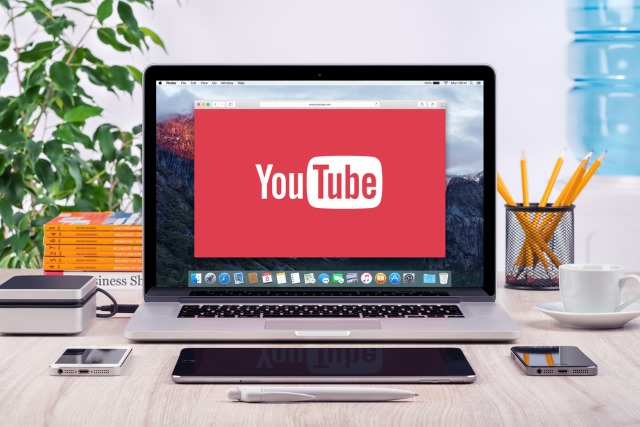
YouTube employs the Redirect Method to counter searches for violent extremist videos
Google, Facebook and other big tech companies have all committed to trying to eradicate extremism from their respective networks in recent months. YouTube has just announced its latest strategy, with a technique which sounds rather like a type of contraception.
The Redirect Method uses a very simple technique of displaying safe, carefully curated content when certain keywords are used as search terms. More than this, when searches for extremist content are conducted, YouTube will actually show videos that "debunk violent extremist recruiting narratives."
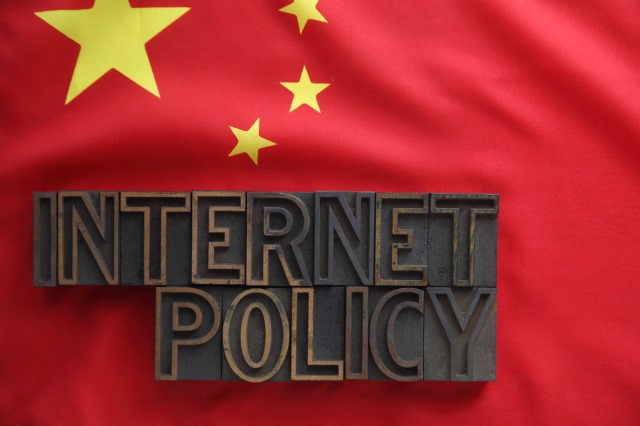
Auditors to check all audiovisual content uploaded to Chinese sites to ensure 'core socialist values'
China's control of the internet is no secret, and the Chinese government has just introduced new regulations that require all audio and video content to be vetted by officials before it can be posted online.
The aim is to check that content adheres to the government's "core socialist values" and don’t stray into out-of-bounds topics such as homosexuality and drug-taking. The new regulations take immediate effect, and bloggers, media outlets, and filmmakers are concerned that they will be either censored or shut down.
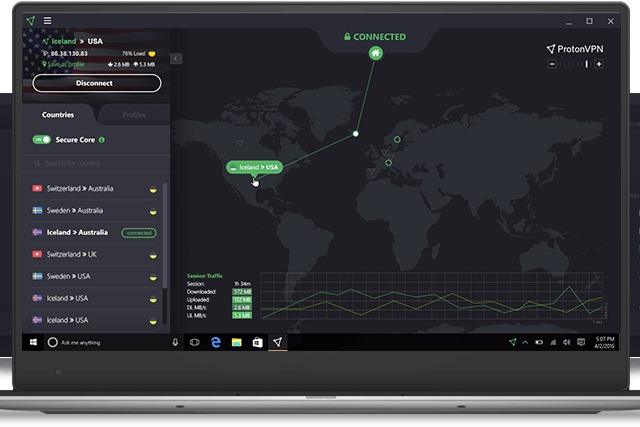
ProtonVPN is a free VPN service that's now available to everyone
ProtonMail has opened up its free VPN service to anyone who wants to use it. ProtonVPN was previously only available to a limited number of beta testers, but now everyone can secure their internet connection for free.
The company is best known for its encrypted email service, but the prospect of a free VPN tool will also be enticing to anyone who has concerns about privacy. It also provides a free way of bypassing internet restrictions that may be put in place by governments or ISPs.

YouTube updates its Restricted Mode policies after LGBTQ debacle
Back in March, Google was hit by criticism after it was discovered that its Restricted Mode filtered out many videos with LGBTQ content. A month later the company announced that it had fixed the problem that led to videos being "incorrectly filtered" and now, to coincide with Pride month, Google has revealed policy updates to Restricted Mode.
Google says that it has worked with LGBTQ creators and YouTube employees and will now explicitly allow content that was previously blocked, to be seen in Restricted Mode -- hoping to quieten any shouts of "censorship." The new policies mean that content such as "kissing at weddings, personal accounts of difficult events, and speaking out against discrimination" should no longer be caught in the net.

Europe approves rules that would force Facebook and other social sites to tackle hate-speech
Facebook may be taking steps to tackle hate speech and other unsavory content but the European Union could soon force it to do more. Plans have been approved for rules that require online content providers such as Facebook, YouTube and Twitter to "protect children and tackle hate speech better."
Failure to comply with the rules could result in hefty fines being levied against offenders. There are still a number of hoops for the proposed regulations to pass through -- including the European Parliament -- before they become law, but it may not be long until social media sites are obliged to block hate speech videos and those that promote terrorism.
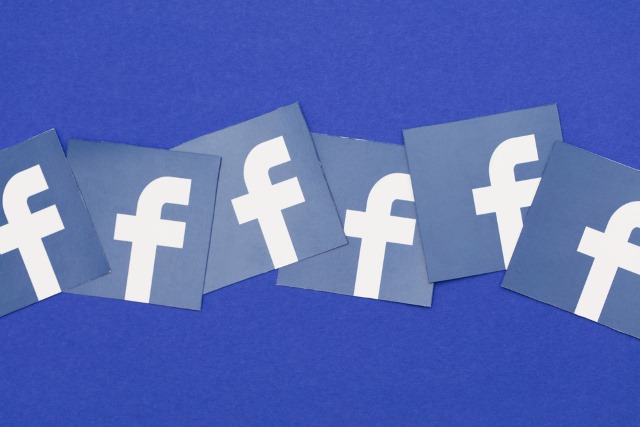
Facebook on moderation and community standards: 'we take our role extremely seriously'
Recently leaked documents gave a unique insight into just what can be posted on Facebook, and what moderators are expected to censor. In response to this, the company's head of global policy management, Monika Bickert, has written a lengthy statement in which she tries to explain how Facebook choose what to censor.
While some of Facebook's policies are well known, this is not true of all of them, and this is not without reason. Bickert explains: "We don't always share the details of our policies, because we don’t want to encourage people to find workaround." She says that Facebook faces a difficult task in determining whether a post that is reported should be removed or not.

Leaked documents show how Facebook censors users, and reveal policies on sex, terrorism and hate
At the moment, Facebook appears to be more concerned with keeping fake news out of users' news feeds and clamping down on clickbait and propaganda, but there has also been a lot of interest recently in how the social network moderates -- or censors -- content posted by its users. A leak of what has been dubbed The Facebook Files gives a fascinating insight into how the company moderates content, shedding light on just what its secret internal guidelines are.
Some of the rules are surprising -- livestream of self-harm, for instance, will not be censored, still images of animal abuse are fine -- others less so -- promotion of terrorism and terrorist groups is not permitted, ditto direct threats to someone's life (although the wording of the threat is important). With nearly 2 billion users, Facebook employs an incredibly small team of moderators, and the leaked documents show they have a very tough time.

Facebook shuts down abortion group's page for 'promotion or encouragement of drug use'
Just yesterday we wrote about the repeated closure of an atheist Facebook group by the social network. Now, in a similar act that has more than a slight whiff of censorship to it, Facebook has "unpublished" the page of Women On Web, a group that puts women who live in places that have abortion restrictions in contact with doctors.
The doctors that women are connected with can provide them with abortion pills, and it seems that because of this the group, Women On Web, has been found by Facebook to be engaged in the "promotion or encouragement of drug use". The group describes itself as "a place for the pro-abortion rights, pro-choice, and reproductive justice communities to engage in discussion and share news."
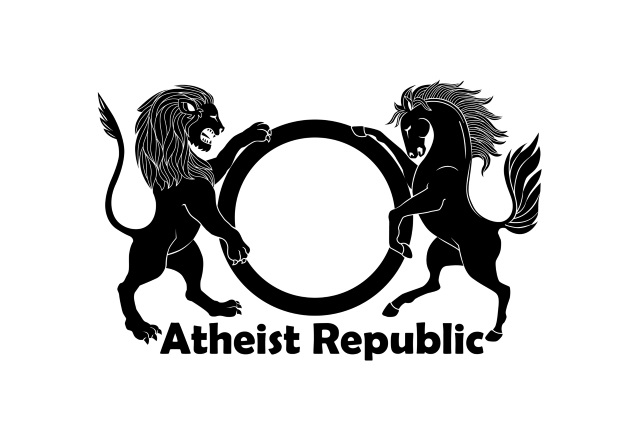
Atheist group claims Facebook keeps deleting its page
An atheist Facebook page with more than 1.6 million fans is being repeatedly deleted by the social network, claims the group behind it. Atheist Republic says that a coordinated campaign has resulted in the page being removed at least three times.
It is thought that Facebook’s automated removal process may be to blame, with algorithms taking the page offline after a series of reports. The page is used to actively criticize religion, and it is believed that an orchestrated fightback from religious groups is leading to its repeated automatic removal.
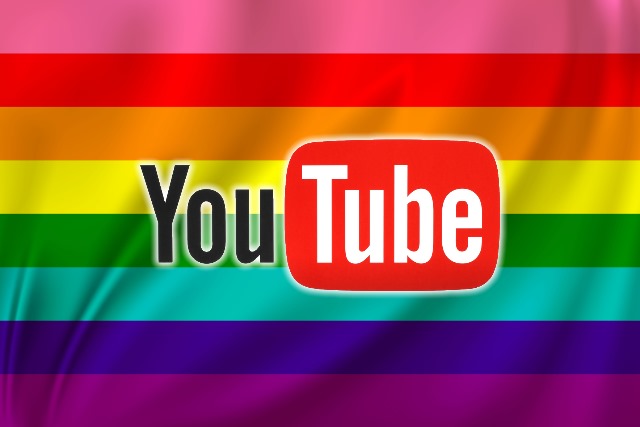
Google fixes YouTube's LGBTQ+ filtering problem
Around this time last month, Google was facing criticism for appearing to censor LGBTQ+ videos with the Restricted Mode feature. Now the company says that it has addressed the problem and will no longer be "incorrectly filtering videos."
Google says that this means hundreds of thousands of videos with LGBTQ+ content have been unlocked, and more than 12 million videos in total have been affected. The company has already issued an apology for the filtering, but now it is keen to be seen making amends.

Google attracts criticism for hiding LGBTQ videos in YouTube's Restricted Mode
LGBTQ+ videos are effectively being censored by Google, say a number of high-profile YouTubers. The accusations surround YouTube's Restricted Mode and the belief that this is hiding videos with LGBTQ+ content from view, leading some to suggest that active censorship is taking place.
Google says that this limited mode exists to give people the option to avoid "videos that discuss more sensitive issues." The blocking is supposed to be triggered by "community flagging, age restrictions, and other signals," but YouTubers complain that even "innocent" videos that reference same-sex relationships, "queer perspectives" and other LGBTQ+ topics have been restricted.
